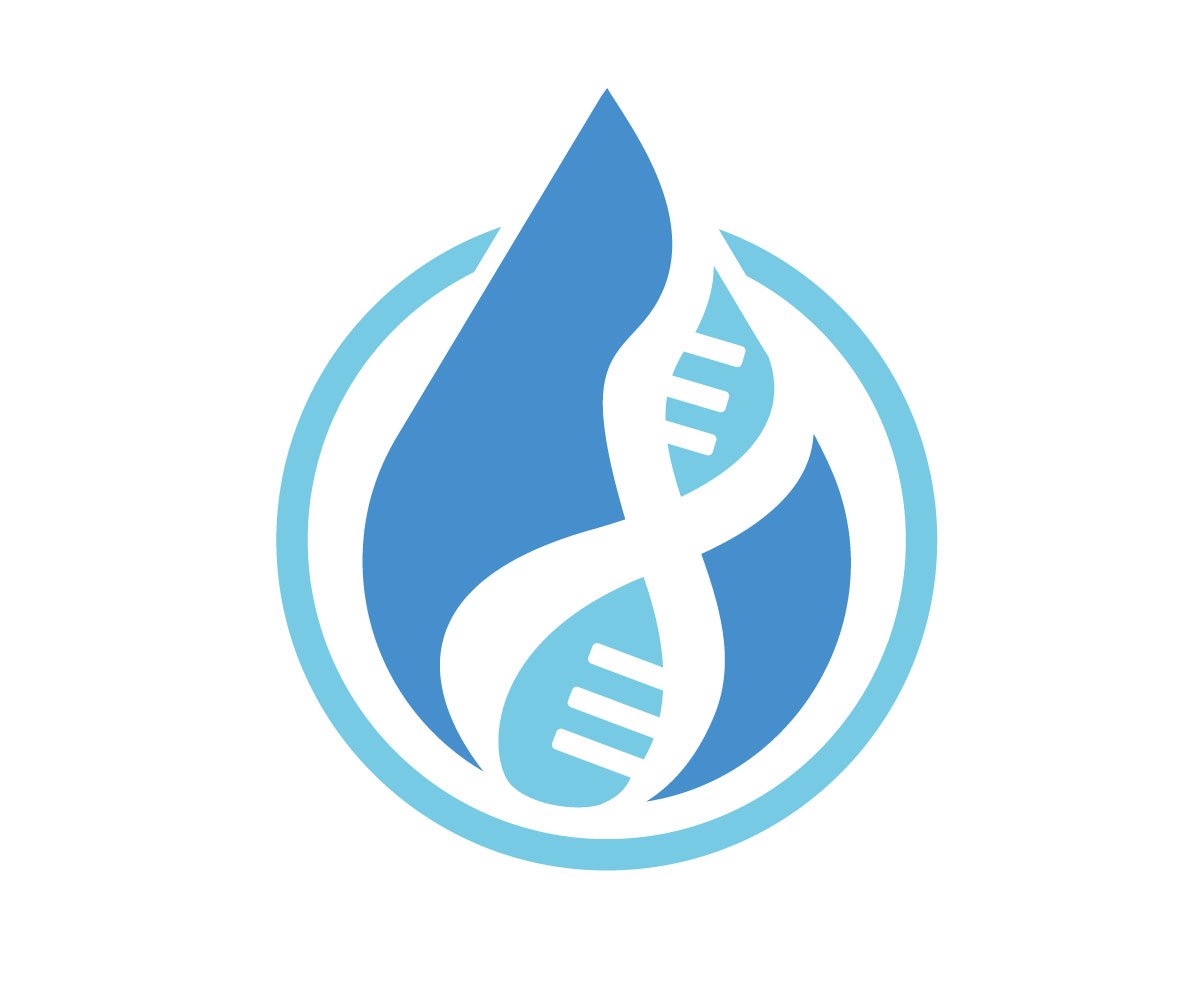Legislation changes in the U.S. mark watershed changes to donor conception
Recent legislative changes in the state of Colorado have set a precedent for a new era in gamete donation and donor conception in the United States. Colorado has become the first state to pass a bill banning anonymous donation of gametes providing protections and safeguards for those involved in donor gamete donation and assisted reproduction involving donated gametes.
The act, called “Protections For Donor-conceived Persons and Families,” provides a number of protections not previously written into law in the state. These include limits on the number of times a person can donate their eggs or sperm, requirements for medical history provision by a donor, unmasking of donor identity when a donor-conceived person turns 18, and a minimum age of 21 required to be a gamete donor, amongst other guidelines.
Attempts to pass similar legislation are in the works in other states, one example being New York, with a similar bill at the “In Committee” stage of the legislative process at the writing of this post.
Similar legislation protecting the rights of donor-conceived individuals has already passed in other countries (the UK and Australia, e.g.), and the Australian state of Queensland is considering further oversight and is expected to return additional ruling in August 2022.
Past guests on DNA Clarity and Support have spoken about their experience discovering as adults they were conceived with sperm donor assistance. Both shared with me their thoughts on the rights of the donor-conceived and what it is like to be the person who discovers as an adult the story of their conception. Listen to Dani Shapiro and Peter J. Boni talk about their personal experiences and how they intersect with societal shifts related to donor anonymity and the rights of donor conceived people.
Other states are considering or have passed other legislation related to fertility fraud. This legislation renders certain types of secretive and non-consented gamete donation illegal. Questionable practices, such as swapping sperm samples without informing a fertility patient and her partner, are already widely accepted as unethical, but until now have not been considered illegal. The Netflix docudrama “Our Father” highlights the story of a group of donor conceived adults who are half-siblings to one another. They discovered their mother’s fertility doctor secretly used his own sperm to impregnate patients, his secret only to be discovered decades later due to consumer DNA testing. These stories have led to advocacy at a legislative level. The Right To Know website maintains an up-to-date listing of states involved in legislation around fertility fraud. At least nine states have enacted legislation and another eight are in process.
Consumer DNA testing has opened the door to a new era, one that journalist and author Libby Copeland has described as an era of genetic reckoning. Copeland covers this in her best-selling book, The Lost Family (link to book listing). Listen to Libby Copeland describe what she learned both professionally and personally as a journalist covering the topic of DNA surprises.
Are you interested in following updates in the world of legislation around donor conception and the wider world of DNA discoveries? Follow Watershed DNA on social media for updates and new resources. There also are a number of groups, organizations, support groups, and individuals posting about these matters which you can find listed on our resources page, www.watersheddna.com/resources. Explore our history of blog posts related to all things DNA.
Watershed DNA is dedicated to understanding and supporting all of those impacted by a DNA discovery. To help those most closely impacted by a discovery, we need to learn from their experiences as well as the experiences of everyone around them. Find more resources at www.watersheddna.com/resources and explore our history of blog posts related to all things DNA.

